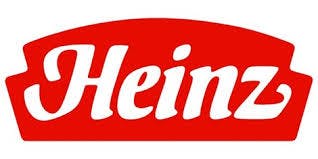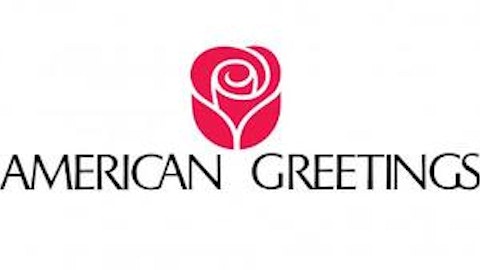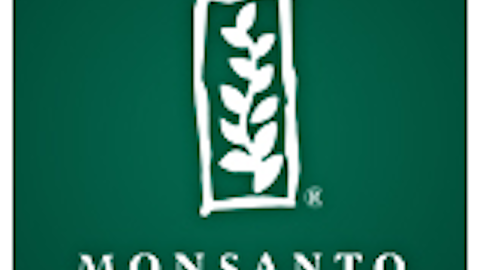The Oracle of Omaha is again showing that he’s got a taste for companies that make the kinds of food many Americans love.
Billionaire investor Warren Buffett is dipping into the ketchup business as part of $23.3 billion deal to buy the Heinz ketchup company.
Warren Buffett’s Berkshire Hathaway Inc. (NYSE:BRK.A) is joining with the Brazilian investment group 3G Capital to buy H.J. Heinz Company (NYSE:HNZ). for $23.3 billion. Add in the debt that the new owners will assume and the deal’s value grows to $28 billion, Buffett’s company said. Berkshire Hathaway already owns Dairy Queen, and 3G Capital bought Burger King in 2010. Now they’ll have plenty of ketchup for those chains, to be sure. They also add Heinz’s T.G.I. Friday’s to their restaurant holdings.
The deal, said to be the largest ever in the food industry, pays Heinz shareholders $72.50 in cash for each share. The company, based in Pittsburgh, also makes Classico spaghetti sauces, Ore-Ida potatoes and Smart Ones frozen meals. Heinz CEO William Johnson said in a statement that the company “will have an opportunity to drive further growth” as a private enterprise.
Buffett, 82, has been seeking deals after the cash pile at Nebraska-based Berkshire climbed to more than $45 billion. He has previously wagered on consumer products through equity investments in The Coca-Cola Company (NYSE:KO) and he helped finance Mars Inc.’s purchase of chewing gum maker Wm. Wrigley Jr. Co. Brazil’s Lemann, 73, is worth about $19 billion based on holdings in Anheuser-Busch InBev NV (ADR) (NYSE:BUD) and Burger King Worldwide Inc., according to the Bloomberg Billionaires Index. In many ways, Heinz fits Mr. Buffett’s deal criteria almost to a T. It has broad brand recognition – besides ketchup, it owns Ore-Ida and Lea & Perrins Worcestershire sauce – and has performed well. Over the last 12 months, its stock has risen nearly 17 percent.
Why Heinz?
Heinz benefits from very powerful consumer goodwill in the developed markets and a very early start in China and India, two of the largest developing markets in the world. In November Heinz said fiscal second-quarter sales in emerging markets rose 13%, excluding the effects of foreign currency fluctuations and acquisitions or divestitures.
In paying $28 billion for H.J. Heinz, Berkshire Hathaway and 3G Capital are buying more than an iconic brand like Heinz Ketchup. That’s because H.J. Heinz arguably has a stronger foothold than other brand-name U.S. food makers in emerging-market economies around the world.
In recent years, big U.S. food makers have been seeking growth outside the U.S. in a bid to capture new customers, who can now afford to spend more money on food. It’s a chief reason Kraft Foods Group Inc (NASDAQ:KRFT) split into two companies last fall. Heinz got 21% of its total company sales from emerging markets last year and is projecting 25% for its 2013 fiscal year that ends this May. Heinz expects “double-digit” growth from sales of its ketchups, sauces and frozen foods in countries like Brazil, China, and Russia. Such growth comes from a buy and build acquisition strategy Heinz embarked on 15 years ago. By 2018 at the latest, Heinz is betting its emerging markets business will produce annual sales of $5 billion, double of what it is today.
Last year, Heinz says it had sales of $11.6 billion, with ketchup and sauces accounting for just under half of that. Given the saturated North American market, the company has increasingly looked overseas for growth. In 2010, for example, the company bought Foodstar, which makes Master brand soy sauce and fermented bean curd in China. Heinz expects emerging markets to account for a quarter of the company’s sales.






